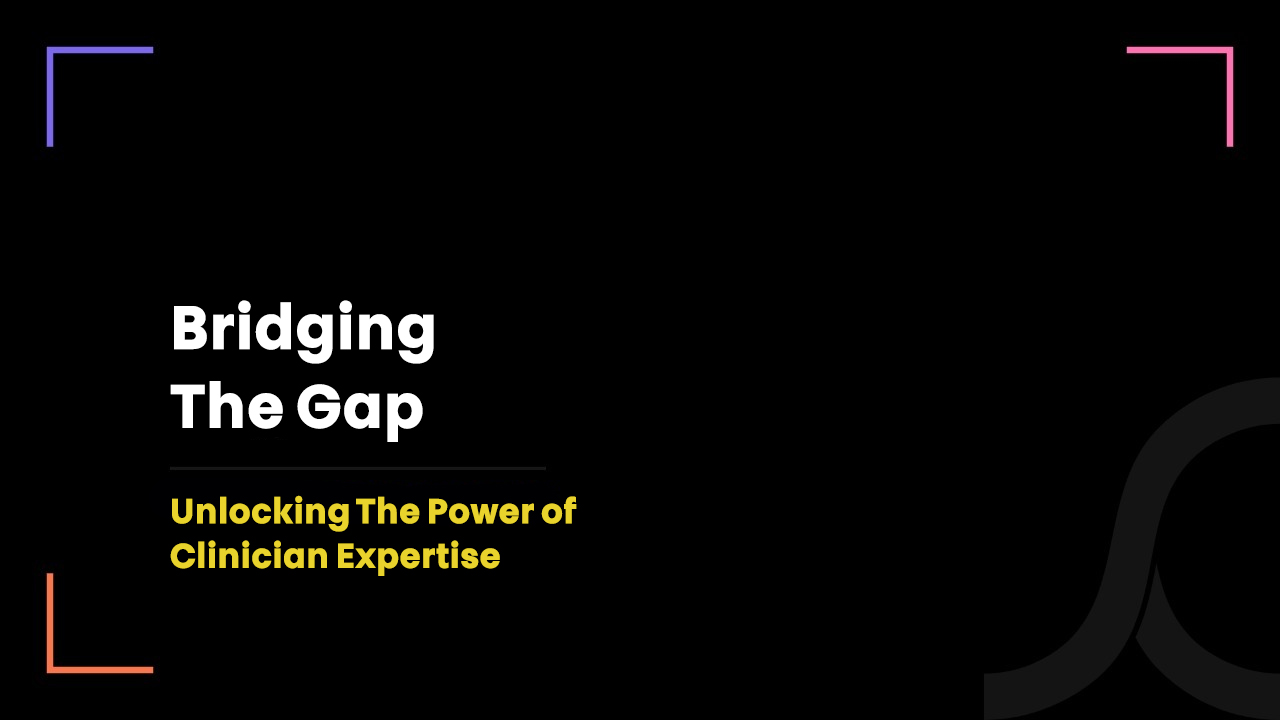Empowering Clinicians in Procurement Decisions: Key Strategies for Health Systems

2 years ago
In the complex and dynamic landscape of healthcare, effective procurement practices play a pivotal role in ensuring quality patient care and operational efficiency.
However, engaging clinicians in the procurement process has often been challenging for health systems.
Clinicians, burdened with patient care responsibilities, may feel disconnected from procurement decisions that impact their ability to deliver optimal care.
To address this issue, health systems must prioritize clinician engagement to leverage their expertise and drive successful procurement outcomes.
Let us explore the key strategies for health systems to effectively engage clinicians in the procurement process.
The Key Strategies To Engage Clinicians in Procurement Process
1. Foster a Culture of Collaboration
To engage clinicians in procurement, health systems must establish a culture of collaboration that encourages input from all stakeholders.
This can be achieved by creating multidisciplinary teams comprising
- Clinicians
- Administrators
- Procurement professionals
- Other relevant staff
By involving clinicians from the outset, health systems can tap into their valuable insights, ensuring that procurement decisions align with patient needs and clinical workflows.
2. Provide Education and Training
Many clinicians may not be familiar with the intricacies of procurement processes or the rationale behind certain purchasing decisions.
Health systems should invest in providing comprehensive education and training programs to bridge this knowledge gap.
By empowering clinicians with a deeper understanding of procurement practices, they can make informed contributions and advocate for solutions that enhance patient outcomes while optimizing costs.
3. Seek Clinician Input
One of the most effective ways to engage clinicians in procurement is by seeking their input on product selection and evaluating their preferences.
Health systems should involve clinicians in the evaluation and selection of medical devices, equipment, and supplies.
This collaborative approach ensures that clinicians have a sense of ownership and are more likely to embrace the chosen solutions, leading to smoother implementation and improved clinical outcomes.
4. Streamlined Processes
Complex and time-consuming procurement processes can discourage clinician participation.
Health systems should streamline procurement procedures, reducing administrative burden and minimizing disruptions to clinical workflows.
Simplified and efficient processes will encourage more clinicians to actively engage in procurement activities, making them feel valued and respected as key stakeholders.
5. Impact of Communication
Clinicians are driven by their passion for patient care.
Health systems should communicate the impact of procurement decisions on patient outcomes and safety.
Demonstrating how specific procurement initiatives align with clinical goals and enhance the quality of care will resonate with clinicians and motivate their active involvement.
Transparent communication channels, such as regular updates and feedback loops, can foster a sense of trust and collaboration between clinicians and procurement teams.
Effective Ways To Get More Out Of Your Healthcare Procurement Process
1. Supplier Relationship Management
Developing strong and collaborative relationships with suppliers is essential for successful healthcare procurement.
Health systems can build trust and align their goals with their suppliers is by
- Fostering open lines of communication
- Engaging in regular performance evaluations
- Maintaining transparency
Effective supplier relationship management enables health systems to negotiate better contracts, receive timely deliveries, and access high-quality products and services.
2. Implementing Robust Procurement Technology
Leveraging advanced procurement technology solutions can
- Streamline the procurement process
- Improve efficiency
- Enhance data visibility
Automated systems reduce manual errors and enable faster decision-making by simplifying tasks such as:
- Requisition management
- Purchase order creation
- Invoice processing
Additionally, procurement analytics tools can provide valuable insights for strategic decision-making and cost optimization.
3. Standardizing Processes and Policies
Standardizing procurement processes and policies across the organization helps
- Eliminate inconsistencies
- Reduce risks
- Ensure compliance with regulations,
Health systems can streamline operations, enhance transparency, and facilitate effective monitoring and control by establishing clear guidelines for
- Vendor selection
- Contract management
- Procurement procedures
4. Conducting Thorough Supplier Evaluation and Selection
Healthcare procurement requires careful evaluation and selection of suppliers to ensure the delivery of high-quality products and services.
Conducting comprehensive supplier assessments that consider factors such as
- Quality standards
- Financial stability
- Reputation
- Compliance
Implementing a robust supplier evaluation process minimizes the risk of disruptions and non-compliance issues.
5. Embracing Strategic Sourcing
Strategic sourcing involves a systematic and proactive approach to identifying, evaluating, and selecting suppliers to optimize value and reduce costs.
By conducting market research, analyzing supplier capabilities, and leveraging negotiation techniques, health systems can achieve cost savings without compromising on quality.
Strategic sourcing also enables the identification of alternative suppliers, fostering a competitive environment that drives innovation and continuous improvement.
6. Ensuring Compliance and Risk Management
Compliance with regulatory requirements and effective risk management are critical in healthcare procurement.
Health systems must establish rigorous processes to verify supplier compliance with
- Quality standards
- Data security regulations
- Ethical practices
Implementing robust risk management strategies helps mitigate potential risks, such as supply chain disruptions, product recalls, and regulatory non-compliance, safeguarding patient care and organizational reputation.
Get Tailored Solutions To Address Unique Healthcare Procurement Challenges
Effective clinician engagement in the healthcare procurement process is vital for enhancing patient care and operational efficiency.
To achieve this, health systems need support from specialized healthcare IT services providers like SyS Creations.
Based in Canada, SyS Creations is dedicated exclusively to serving the healthcare industry.
SyS Creations offers a comprehensive suite of tailored solutions that address the unique challenges of healthcare.
By partnering with SyS Creations, healthcare organizations can
- Optimize procurement processes
- Integrate seamlessly
- Gain data visibility
- Streamline workflows
With SyS Creations as a trusted partner, healthcare systems can confidently make informed procurement decisions, enhance efficiency, reduce costs, and ultimately improve patient outcomes.
